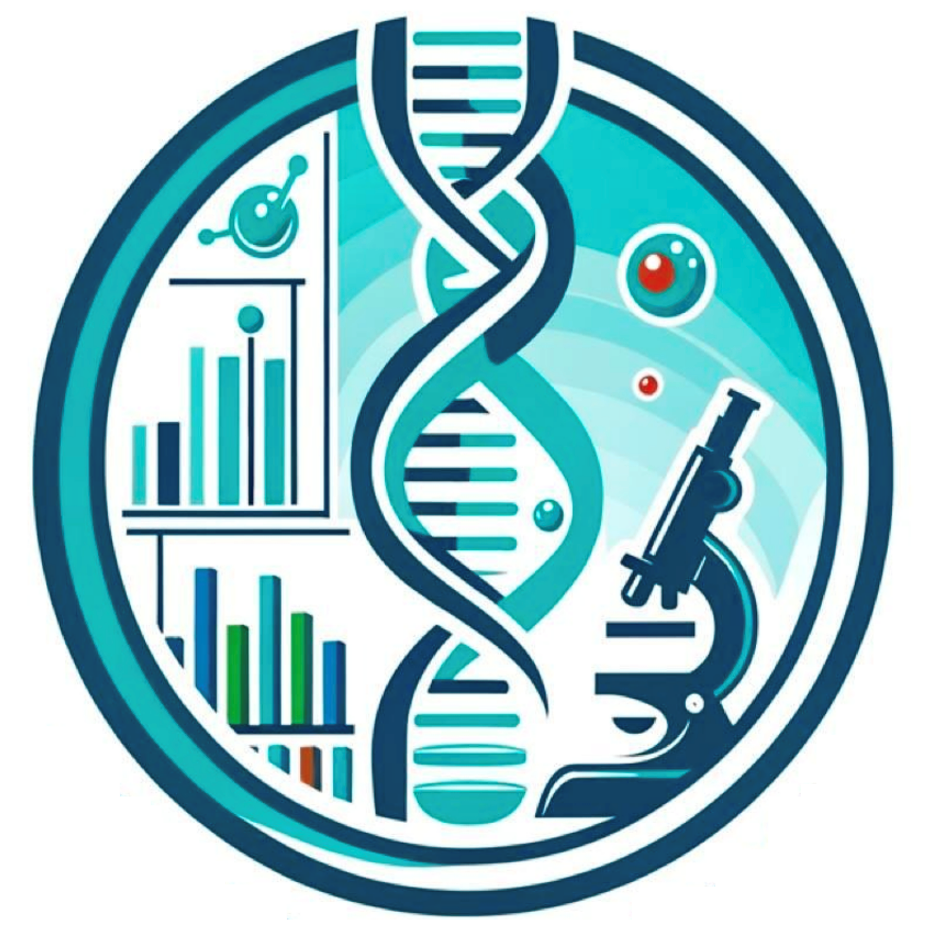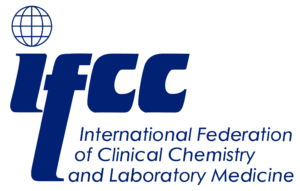Background
Our objective was to evaluate the accuracy and safety of a real-time (RT) continuous glucose monitoring system (CGMS) in patients before and after cardiothoracic surgery and to investigate whether activation of the alarm function of the RT-CGMS had an effect on glucose control.
Methods
Patients scheduled for elective cardiothoracic procedures, without a history of insulin-requiring diabetes, were perioperatively monitored with RT-CGMS for 72 h and were randomized into two groups: with or without the alarm function (set at 4 and 10 mmol/L) of the device activated. Sensor values were compared with capillary, arterial, and venous blood glucose values. Percentages of time spent in various glucose ranges were compared between groups.
Results
There were no adverse effects of the RT-CGMS. Of the 1,001 sensor value comparisons with capillary or arterial measurements, 96.6% fell within Clarke Error Grid zones A and B, with relative absolute differences ranging from 15% (preoperative period) to 12% (intensive care unit period) to 14% (postoperative period on the ward). Seventeen (7.9%) arterial and 16 (2.0%) capillary comparisons fell within zone D or E. Whether or not the alarm function, as used in this pilot study, was activated did not affect time spent in different glucose ranges.
Conclusions
Although the RT-CGMS is safe and accurate according to accepted standards, there are still small aberrations, which in our opinion preclude unlimited use in its present form in a clinical setting. The effect of the alarm function at different glucose levels remains to be investigated.

